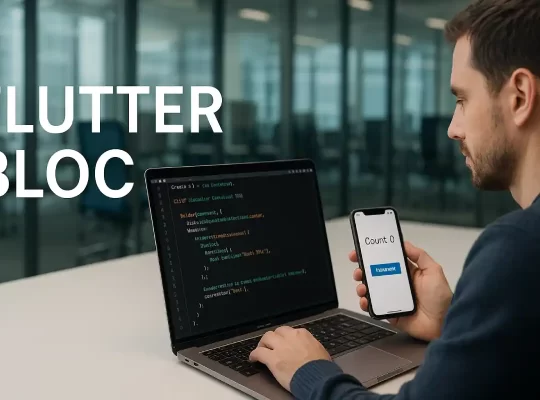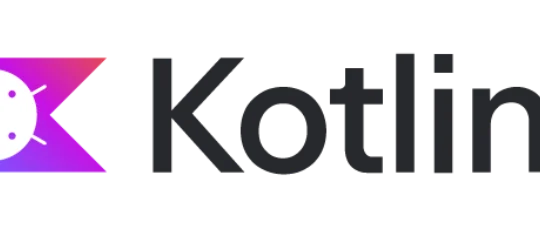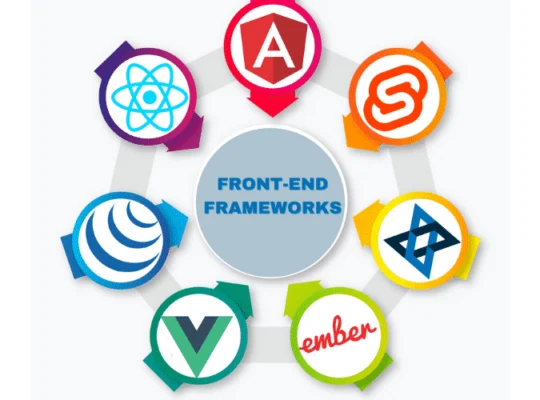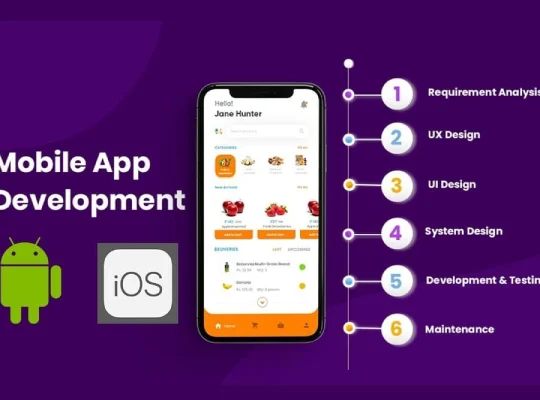Dart is a programming language designed for client development, such as for web and mobile apps. Here are some key points about Dart:
- Developed by Google: Dart was created by Google to build high-performance, cross-platform applications.
- Optimized for UI: Dart is particularly suited for building user interfaces. Its syntax and features are geared towards making UI code more readable and maintainable.
- Object-Oriented: Dart is an object-oriented language with classes and objects, making it familiar to developers with a background in languages like Java, C#, or JavaScript.
- Strongly Typed: Dart has a strong type system that helps catch errors at compile time, although it also supports type inference to make the code less verbose.
- Flexible Execution: Dart code can be compiled into native code (for mobile and desktop applications), JavaScript (for web applications), or run in the Dart virtual machine (VM) for server-side development.
- Flutter Framework: Dart is the programming language used by Flutter, a popular UI toolkit for building natively compiled applications for mobile, web, and desktop from a single codebase.
- Asynchronous Programming: Dart provides robust support for asynchronous programming with features like async and await, making it easier to write non-blocking code.
- Open Source: Dart is open source and has a growing community of developers and contributors.
Here’s a simple “Hello, World!” example in Dart:
void main() {
print('Hello, World!');
}
This code prints “Hello, World!” to the console. Dart’s syntax is clean and straightforward, making it a good choice for both beginners and experienced developers.





